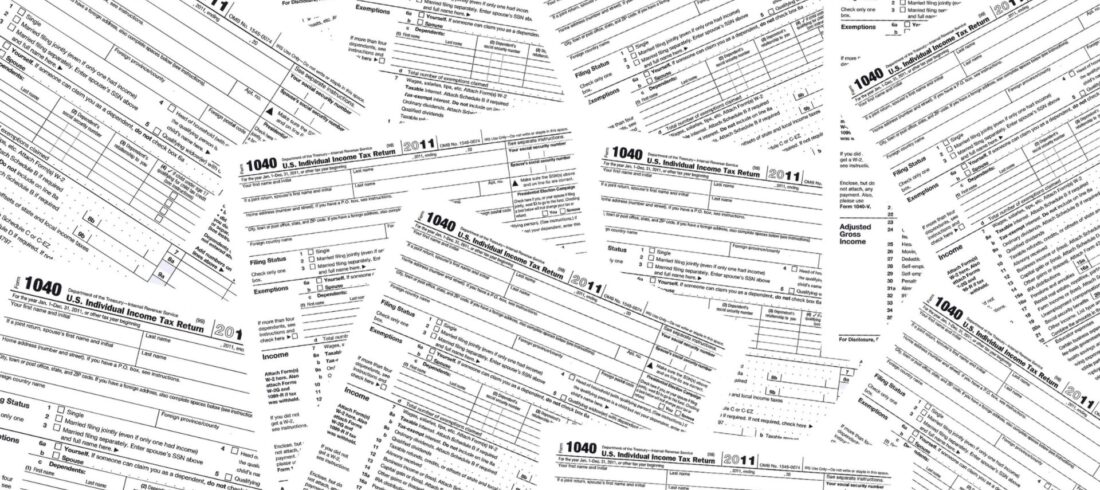“I got an IRS audit notice. What should I do?”
Audits You Can Handle Yourself
Correspondence Audits can be very easy to take care of in some cases. If the IRS asks you to send them additional information or to pay additional tax on unreported income, you may only need to send the information to support your tax return. An example would be to send the EIN of the child care provider to get the child care credit. Or if the IRS says you omitted some income from your tax return, and you agree, all you need to do is pay the additional tax. For example, if your bank paid you interest of $200 during the year and you forgot to include it on your tax return, just send in the additional tax owed, and you’re done.
If the amount of additional tax is more than you can pay right away, you can use Form 9465 to set up an installment payment plan. In some cases you will need to submit financial statements to the IRS in order to get an installment plan approved.
Another situation where you’d want to handle the audit yourself would be where the amount of additional tax owed is less than the fee you’d have to pay for professional assistance. However, be aware that if the IRS collects additional taxes for one year, and you had the same kind of deduction on your tax returns for other years, the IRS may extend the audit to the other years.
For tips on how to proceed when handling your own audit, see Talking Audit With the IRS.
When to Get Help
- Large Amount At Stake. If there is a substantial amount of money at stake, it’s best to get help, even if the law and the facts are straightforward. For example, I had a client who sold some shares of stock for around $200,000. He had paid a little more than this for the stock, so he had a capital loss. He prepared his tax return himself. When it came to the capital loss, he reasoned that since he had a loss, there was no tax, and he didn’t need to report the sale on his tax return. The IRS didn’t see it that way. They imposed additional taxes of $40,000, plus there were penalties and interest on top of that. Given that our fee to take care of the matter was less than $500, it was a good investment for the client to ask for our help to get the problem fixed as quickly as possible. Since we knew exactly what to do, we were able to get the required information to the right people at the IRS and correct the problem.
- Office or Field Audits. If the IRS asks you to come to their office, or if they want to come to your office or home, it probably means there are legal issues involved, such as whether the activity you’ve reported on Schedule C is a business or a hobby, or whether you are actually a real estate professional entitled to deduct rental losses. If they are auditing a business return, the IRS may want to challenge your accounting method, or special allocations to partners. Sometimes, the initial notice will look fairly easy and straightforward. For example, the notice may ask you to bring documentation for your vehicle and travel expenses. But once the audit is in progress, the auditor may begin to question you about other, more complicated, matters. IRS auditors are trained to get information that will result in additional tax due.
Be aware that there is a purpose behind everything the auditor says to you or asks you. Very little of the conversation during an IRS audit interview is idle chit-chat. Here is an excerpt from the Internal Revenue Manual:
Interviews: Authority and Purpose
- An interview is defined as a meeting between two persons and usually includes holding a formal consultation for the purpose of resolving or exploring issues.
- Interviews are used to obtain leads, develop information, and establish evidence. The testimony of witnesses and the confessions or admissions of alleged violators are major factors in resolving tax cases. Cases are presented to a jury through the testimony of witnesses. Therefore, it is the agent’s duty to interview the taxpayer and every witness connected with the case. The record of such interviews will usually take one of the following forms: Transcript of interview or question-and-answer statement, affidavit, memorandum of interview, or recording (wire, tape, wax, etc.).
- Internal Revenue Code Section 7602 authorizes the Secretary or a delegate to examine books and records and to take testimony under oath.
- Interviews provide information about the taxpayer’s financial history, business operations, and books and records. Interviews are used to obtain information needed to reach informed judgments about the scope/depth of an examination and the resolution of issues. Interviews are used to obtain leads, develop information, and establish evidence.
- Oral testimony is a significant factor in resolving tax cases. Oral testimony can:
- provide information not otherwise available from physical documentation,
- corroborate return information,
- provide relevant information not reflected on the return, and
- establish the taxpayer’s intent.













